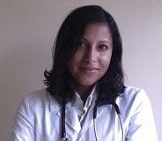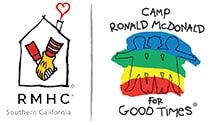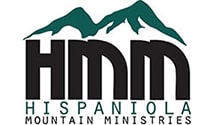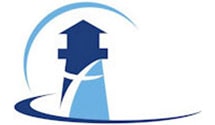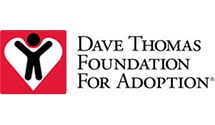Jackie Rodriguez
“Nothing compares to sitting by a patient’s bedside and listening to them and acknowledging their fears, or holding their hand in a time of crisis.” Jackie Rodriguez, MSN, AGACNP-BC (Adult Gerontological acute care nurse practitioner–board certified) is currently working at Holyoke Medical Center in Massachusetts. In my 11 years of experience as a registered nurse, I have seen the many changes that have happened in the healthcare field that have impacted nurses in many ways. We have entered an unprecedented era of opportunity and transformation in nursing and efforts made on the national level aimed at reducing costs will be the primary drivers of this transformation.
A holistic approach to patient care has always been at the forefront of how we care for our patients, but some of those transformations have unfortunately taken the nurse away from the bedside and added additional work that leaves less time for nurses to spend with patients. However, many of the changes have also been positive. Computerized medical records, medication scanning, hourly rounds and bedside rounds have increased patient safety and satisfaction. The biggest challenge that nurses face today is balancing the added demands based on policy and protocol and the human that is on the other side of the medical record. Nurses have been voted the most honest and ethical profession for 13 years in a row and with that comes great responsibility.
In order to continue to provide the best patient care to the more complex patient population we are seeing, we must invest in educational opportunities that increase knowledge as well as elevates the nursing profession. This can include a certification that validates knowledge and experience as well as improving skills. This can also include continuing education, which improves professional competence as well as opening doors to better job opportunities that may require a higher educational degree. More and more healthcare facilities are seeing the benefits of continuing education and are finding realistic ways to help nurses obtain higher degrees while still being part of the workforce.
I think it’s important to give back when you find yourself in a position to do so. Joining a nursing organization that focuses on giving back to the community and mentoring nurses is a great way to do this. Joining the National Association of Hispanic nurses was a great way for me to give back to my community. Our focus is to promote the leadership of nurses through healthcare awareness, advocacy, collaboration and educational advancement. In addition, we focus on delivering competent quality healthcare through community partnerships and pledging to promote health equity within the Hispanic communities in Western Massachusetts.
Our hope is to empower nurses to improve the health and well being of individuals, groups, and communities by the use of action-based, culturally sensitive, evidence-based nursing practices. Our chapter is involved in numerous community activities throughout the year, as well as fundraising for nursing scholarships and mentoring nursing students and nurses new to the field.
As a teen mother, I didn’t have many people to look up to or look to for encouragement. As soon as I made the decision to become a nurse I knew that mentoring would be something that I wanted to be involved in. A large part of my nursing organization focuses on mentorship and how we as seasoned nurses can encourage those who are new to the nursing world, and even those who are not sure if becoming a nurse is a goal they can achieve. I hope that I can serve as a role model to those that may have or have had similar circumstances to mine.
My statement to those people would be to never give up on your dreams and never give in to those that discourage your dreams. As nurses, we are entrusted with caring for people at their most vulnerable. Today’s acutely and critically ill patients require sharply tuned alertness and extraordinarily complex care from a team of highly skilled health professionals. Nurses are seeing patients that are sicker than ever. The holistic approach to patient care must go to the next level and include scientific and evidence based knowledge in order for nursing to keep up with the increasing trends in healthcare. However, I still believe that even with all the scientific knowledge we have, nothing compares to sitting by a patient’s bedside and listening to them and acknowledging their fears, or holding their hand in a time of crisis. These are the things that we as nurses are known for, and although with our professional elevation, we at times shy away from these things that remain at the heart of who we are and why we are the most trusted profession.
I have always found that my most memorable experiences have been during a patient’s end of life. It was always an opportunity to get a glimpse into someone’s life and who they were by the love and admiration families had for them. I would hear stories that would make them laugh and cry; and sometimes I would be invited in to share those moments. On the other hand there were those patients that didn’t have families or anyone to come and spend those last precious moments with them. But I was there, and I would always say a prayer for them and let them know that they were not alone. My new journey as a nurse practitioner has taken me to that next level of practice. And although my practice has taken me a little farther from the patients bedside, at the end of the day I’m still a nurse and that experience has been and will always be invaluable to my practice as a nurse practitioner.
